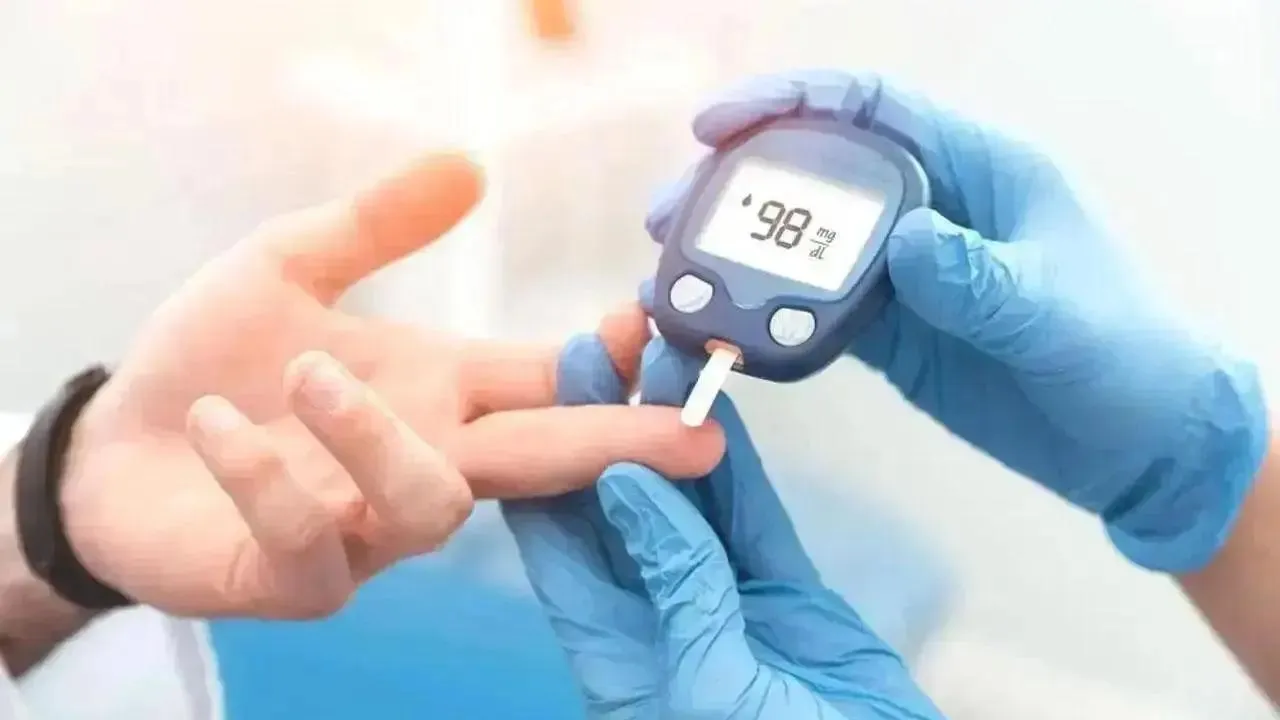Night Owls and the Increased Risk of Type 2 Diabetes

Night Owls and Their Diabetes Risk
Night owls, individuals who are active during the night, are nearly 50% more likely to develop type 2 diabetes compared to early risers. According to new research from Leiden University Medical Centre, this risk is linked to their sleep timings, which disrupt their circadian rhythms.
Study Findings: The Connection Between Sleep and Diabetes
The study indicates that night owls have a higher body mass index (BMI) and increased body fat. Specifically, late chronotypes, or those who prefer to stay up late, were found to have a 46% increased risk of developing diabetes. This suggests that factors beyond mere lifestyle choices contribute to this risk.
- Late sleepers have a higher BMI by 0.7 kg/m².
- They also present with a 1.9 cm larger waist circumference.
- Their visceral fat content is greater by 7 cm².
- Liver fat content is 14% higher compared to their early-rising counterparts.
Dr. Jeroen van der Velde notes that the misalignment of the biological clock with societal schedules may lead to metabolic disturbances and enhanced diabetes risk.
Conclusion: Addressing Circadian Misalignment for Better Health
As the findings suggest, better understanding and management of sleep cycles could aid in reducing the risk of type 2 diabetes among night owls. This research will be presented at the Annual Meeting of the European Association for the Study of Diabetes in Madrid.
Disclaimer: The information provided on this site is for informational purposes only and is not intended as medical advice. We are not responsible for any actions taken based on the content of this site. Always consult a qualified healthcare provider for medical advice, diagnosis, and treatment. We source our news from reputable sources and provide links to the original articles. We do not endorse or assume responsibility for the accuracy of the information contained in external sources.
This article was prepared using information from open sources in accordance with the principles of Ethical Policy. The editorial team is not responsible for absolute accuracy, as it relies on data from the sources referenced.